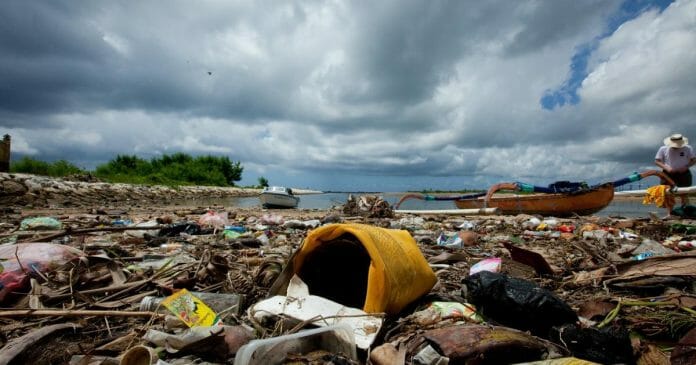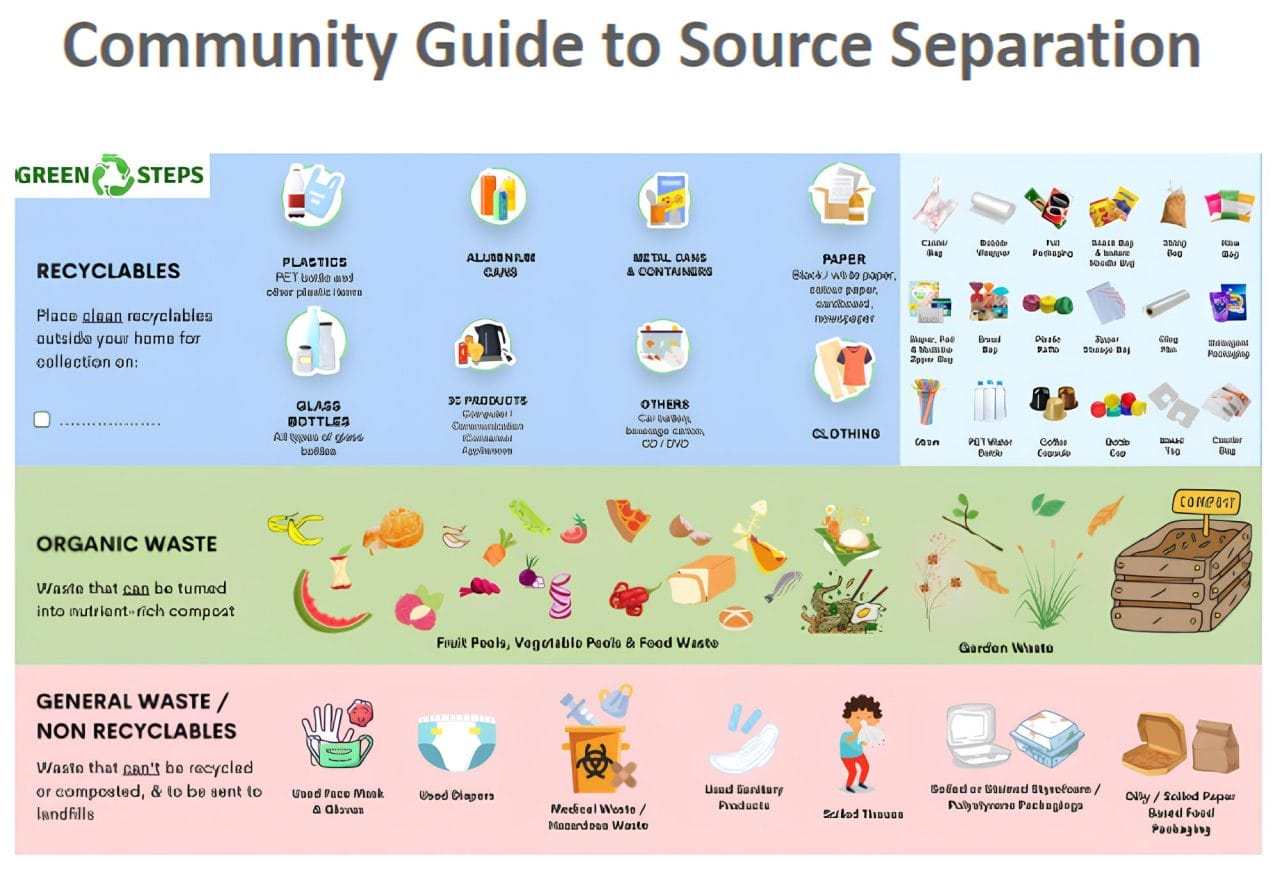The United Nations General Assembly adopted a resolution at its seventy-seventh session to proclaim March 30 as International Day of Zero Waste to be observed annually.
Promoting zero-waste initiatives through this international day can help advance all the goals and targets in the 2030 Agenda for Sustainable Development, including Sustainable Development Goal 11 and Sustainable Development Goal 12. These goals address all forms of waste, including food loss and waste, natural resource extraction and electronic waste, Dr S. Sri Umeswara, a Technical Committee Member of the National Circular Economy Council (NCEC) for Solid Waste to BusinessToday.
In Malaysia, the Ministry of Housing and Local Government (through the 12th Malaysia Plan (12MP) has targeted a national recycling rate of 40 by the year 2025. The determination of this national recycling rate has been made since 2013 and continued every year until now.
“This determination of the recycling rate is made taking into account the waste sent to recycling end user factories compared to the amount of waste generated per capita in one-year period. There are five main categories of recycled waste that are taken into account which are metal, plastics, glass, paper and others such as fabric and rubber,” said Umeswara (pic), who is also a Subject Matter Expert – Circular Economy, Waste & Environmental Management and FIG Metal Industries Sdn Bhd Chief Sustainability Officer.
During International Day of Zero Waste, all UN Member States, organisations of the United Nations system, government stakeholders, the private sector to civil society, are to engage in activities aimed at raising awareness of national, subnational, regional and local zero-waste initiatives and their contribution to achieving sustainable development.
The day focuses on waste, including “End plastic pollution: towards an internationally legally binding instrument”, adopted at the United Nations Environment Assembly on 2 March 2022. The United Nations Environment Programme (UNEP) and the United Nations Human Settlements Programme (UN-Habitat) jointly facilitate the observance of International Day of Zero Waste.
Recycling as a means to attain zero waste
In December 2023, the national recycling rate increased by 33.17 per cent last year with the total amount of recycled goods reaching 4.626 million tonnes.
The Housing and Local Government Ministry is drafting a solid management policy towards a circular economy that emphasises the practice of ‘Sustainable Consumption and Production to reach more efficient solid waste management that can reduce the increasing cost of solid waste management, as well as reduce the negative impact on society and the environment.
Looking back, Umeswara said, in 2021, a total of 13.95 million tonnes of municipal solid waste was generated in Malaysia. A total of 38,207 tonnes generated per day by households. In 2015, there were a total of 296 landfills in Malaysia. 165 are operational landfills while the other 131 are closed due to having reached maximum landfill capacity. Environmental experts have forecasted no space will be available by 2050.
“The Government spent RM592mil in 2020 and RM610mil in 2021 for waste collection alone, while another RM83mil and RM85mil were spent on landfill operations cost in 2020 and 2021.
“Malaysia’s current recycling rate is only around 31 percent, a lower rate compared with neighbouring countries Singapore, Taiwan, Korea, and Thailand. Accelerating the transition from solid waste management in a linear economy to a circular economy model requiring a zero waste to landfill strategy for reducing dependence on landfills to process solid waste, Umeswara added.
Because Malaysia produces more waste than it recycles, waste management is a major issue there. Malaysia discards around 30,000 tonnes of municipal solid waste (MSW) every day, translating to 1.17 kilogramme of waste per person each day. The largest contributor to MSW was food waste, which was followed by paper, plastic, mixed organic, wood, and other materials.
Umeswara pointed out that the amount of garbage thrown away has risen steadily in Malaysia in tandem with the nation’s population growth, and most of the waste has gone into landfills. According to the National Solid Waste Department, Malaysia currently has 165 landfills, eight sanitary landfills, and three inert landfills for materials such as sand and concrete.
Local environmental experts have forecasted no space will be available by 2050 if nothing is done to reduce waste.
Malaysia is currently concentrating on quickening the shift from integrated water resource management and a linear economy’s solid waste management system to a circular economy model of production and consumption. Using the most recent technologies, a zero waste to landfill plan must be implemented in order to reduce reliance on landfills.
Additionally, downstream industries must be developed in order to process solid waste. In order to combat food waste, the Housing and Local Government Ministry is also examining new rules and creating guidelines for managing food waste, he said, adding but the re are hurdles to overcome.
In order to realise sustainable zero waster results, Malaysia has to overcome specific problems on a national scales.
Malaysian Waste Management Problems Overview:
- There exist unstandardised waste collection systems due to the different jurisdictions and legal mechanism;
- Incentives for manufacturers to apply eco-design in products and recycling initiatives – including incentives to the informal sector such as informal waste collectors / handlers;
- Enforcement, awareness and infrastructure of segregation at source;
- Lifestyle considerations like single-use packaging used for food;
- Mandatory environmental laws and regulations for waste management;
- Technologies to recycling low-value recyclables absent;
- Insufficient recycling facilities and infrastructure, especially at sub-urban and rural areas that increase the logistics and treatment cost; and
- Absence of mandatory producer responsibility (EPR) in waste management.
As reported, fast moving consumer goods (FMCG) companies in the country have been placed as among the leaders for environmental sustainability agenda in Malaysia – the Malaysian Recycling Alliance (Marea). Similar as Marea for FMCG, we need more multi-sectoral EPR for all industry segments such as for paper, plastics, glass, construction & demolition, fabrics/textiles, and the like, he added.











